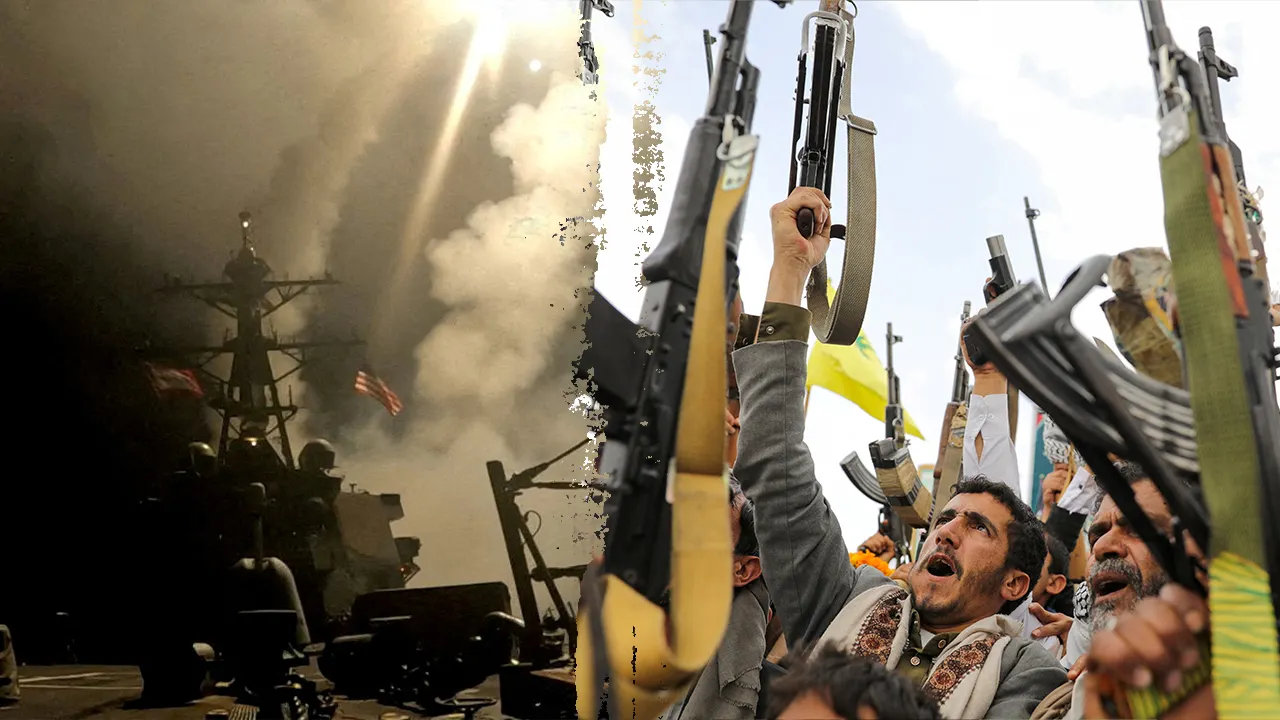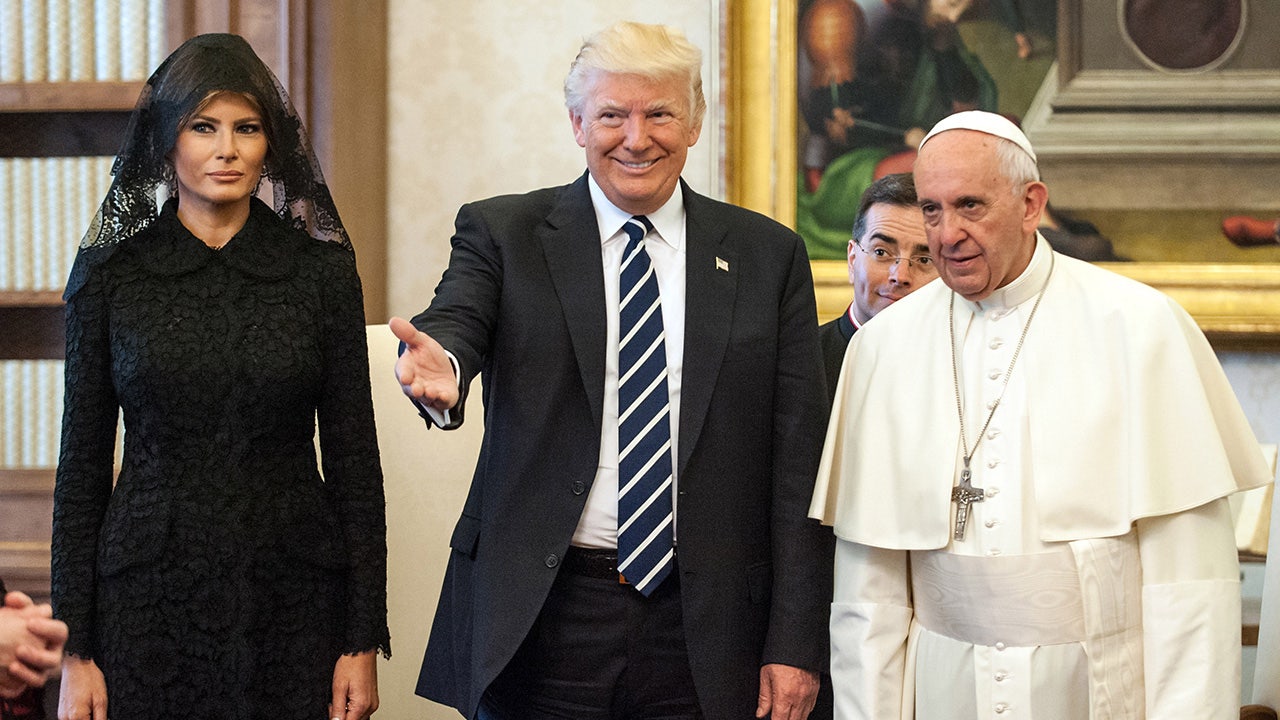Spain and Portugal were hit by a huge power cut on Monday that paralysed transport networks and disrupted mobile communications, with authorities warning that obstacles remained before electricity could be fully restored.
Hours after it began, Spanish Prime Minister Pedro Sánchez said experts were looking for the cause of the outage, which immobilised the rail system, delayed flights and made traffic lights go dark.
Data from the Spanish electricity operator showed that consumption dropped by more than 10GW when the blackout hit shortly after 12.30pm local time, suggesting that it was one of the biggest in recent European history.
Weather data showed that temperatures in southern Spain increased sharply between midday and 1pm local time. Higher temperatures can limit how much electricity cables can carry.
Eduardo Prieto, director of services at Spain’s operator, Red Eléctrica, said that a “very strong oscillation” in the network during that time had cut off Spain’s electricity grid from the rest of continental Europe, which had led to the collapse of the system.
Red Eléctrica said that by late afternoon power had been restored across northern and southern Spain — parts of the country that can be more easily supplied by France and Morocco respectively. But it cautioned that fully restoring supply to the whole country would take between six and 10 hours.
“We are going to go through some critical hours before we totally recover electricity,” Sánchez said after a crisis meeting with top government officials.
In an address to the nation he called on people to minimise travel, pay attention to official statements rather than social media, and restrict their use of mobile phones. He also noted the outage’s “tremendous impact” on everyday life as well as economic loss and “anxiety in millions of homes”.
Sánchez, who said he was in contact with King Felipe, political leaders and the EU and Nato about the crisis, added that the technical experts were working to provide a solution as soon as possible.
By mid-afternoon, all of the country’s nuclear power stations remained offline, according to Montel, the energy data specialist, as they sought to respond to the disruption.
Spain’s chief traffic authority called on people not to drive their cars, because traffic lights were out of operation due to the cut. The government added that medium- or long-distance rail transport would not resume during the day.
In Madrid, people spilled out on to the streets, as metro stations were evacuated and shops, restaurants and offices closed. Mobile phone coverage was also initially hit. Local media said some — but not all — hospitals were functioning as normal with the aid of backup generators.
Isabel Díaz Ayuso, the conservative leader of the Madrid regional government, called on Spain’s Socialist-led national administration to activate emergency plans “to allow the army to keep order, if necessary”.
Alberto Núñez Feijóo, the head of Spain’s opposition People’s party, criticised Sánchez’s government for being slow to provide updates on the blackout. “We need timely information,” he said.
Nearly 400 flights were delayed at Madrid airport as of mid-afternoon, including more than half of scheduled departures, while at Lisbon airport, 171 flights were delayed and almost 200 flights cancelled.
Aena, which runs Madrid airport and 45 others across Spain, said it was relying on backup power supplies to operate, adding that the extent of the delays would depend on whether crews and passengers could get to the airports.
Spain gets 43 per cent of its electricity from wind and solar power, but grid and storage capacity has not kept pace with the country’s rapid development of renewable energy.
The country has long lamented being an “energy island” due to its poor connections with France.
French grid operator RTE said parts of France had been briefly affected by the outage but that power had been quickly restored.
Additional reporting by Philip Georgiadis and Andy Bounds






















